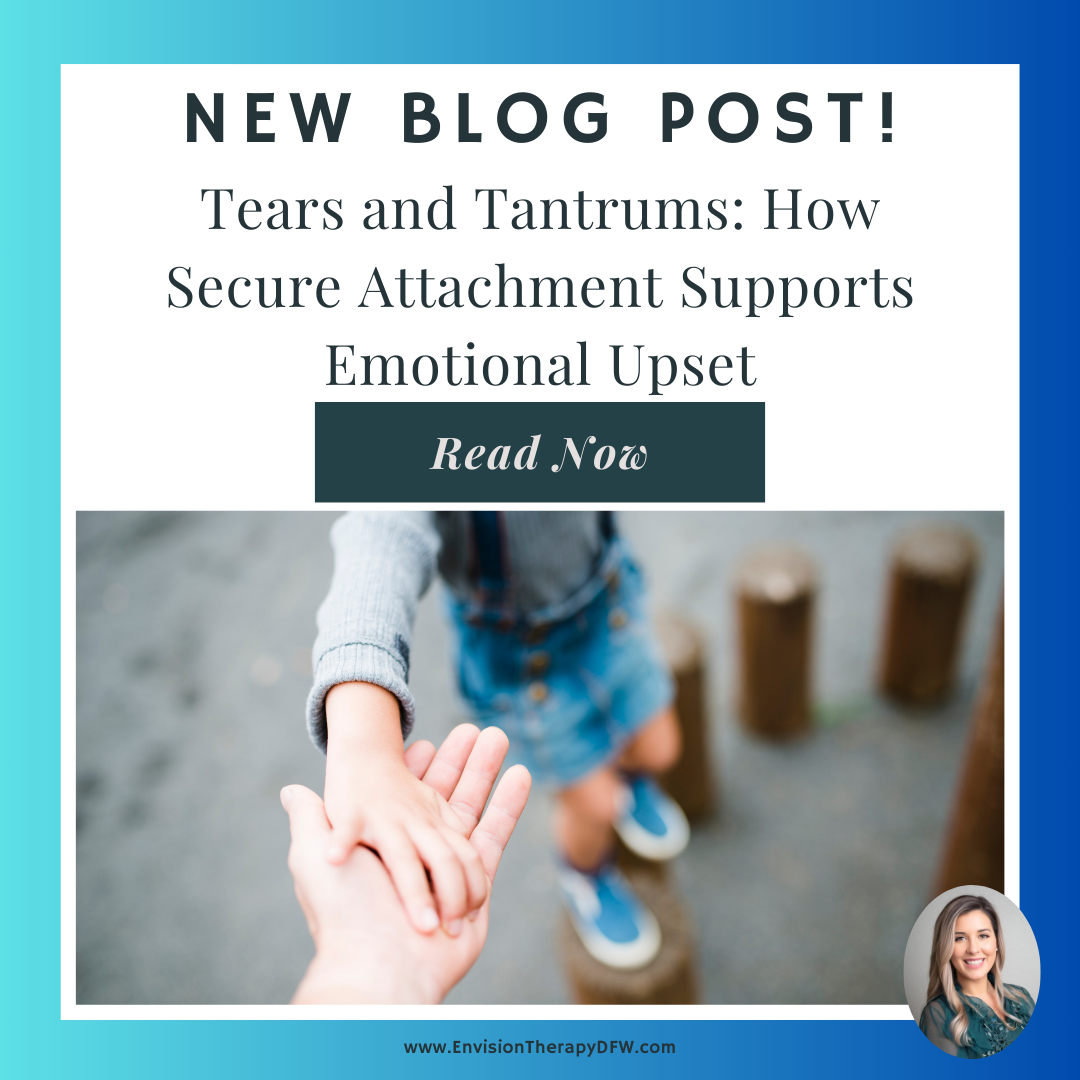-
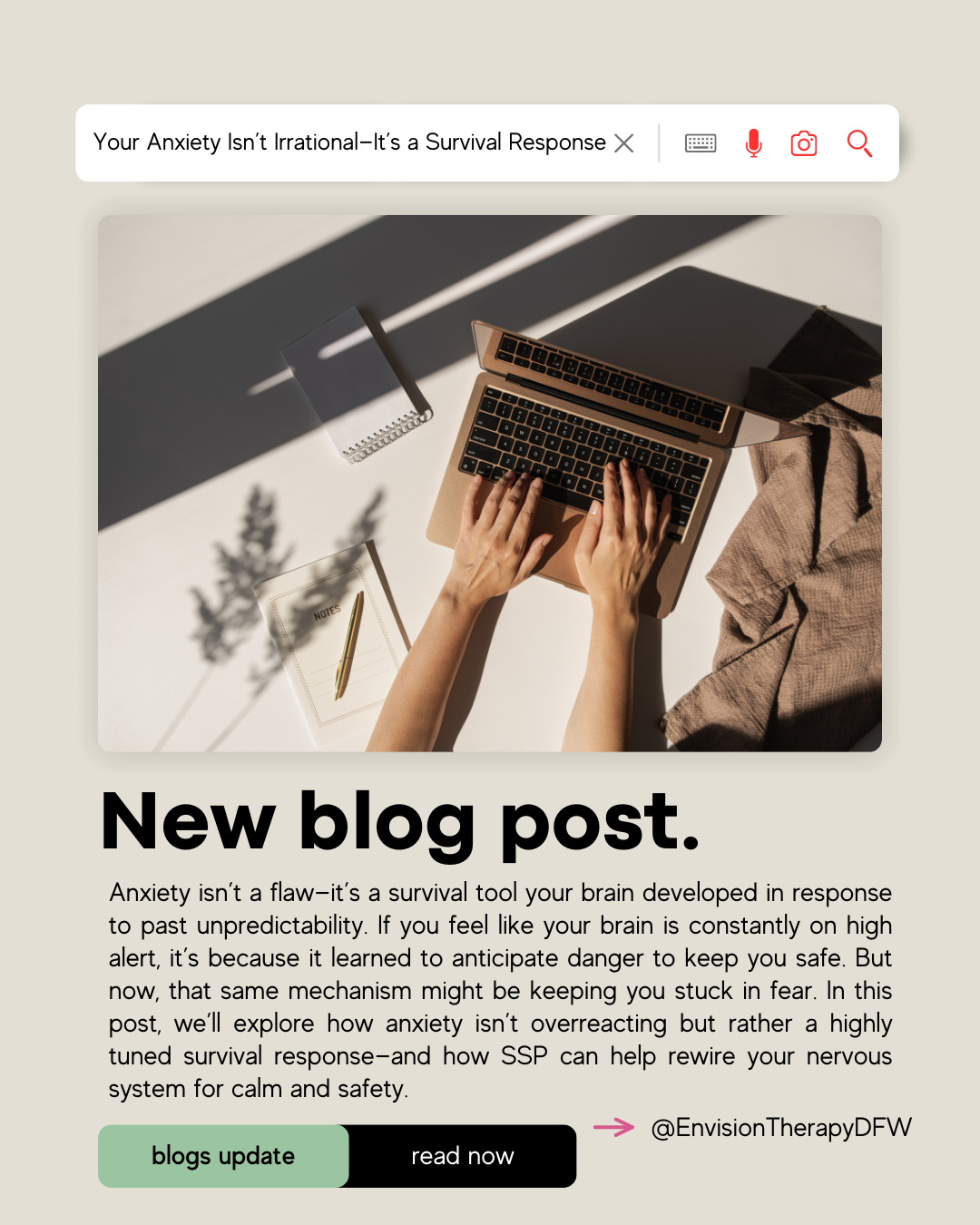
Your Anxiety Isn’t Irrational—It’s a Survival Response
•
Anxiety isn’t a flaw—it’s a survival tool your brain developed in response to past unpredictability. If you feel like your brain is constantly on high alert, it’s because it learned to anticipate danger to keep you safe. But now, that same mechanism might be keeping you stuck in fear. In this post, we’ll explore…
-
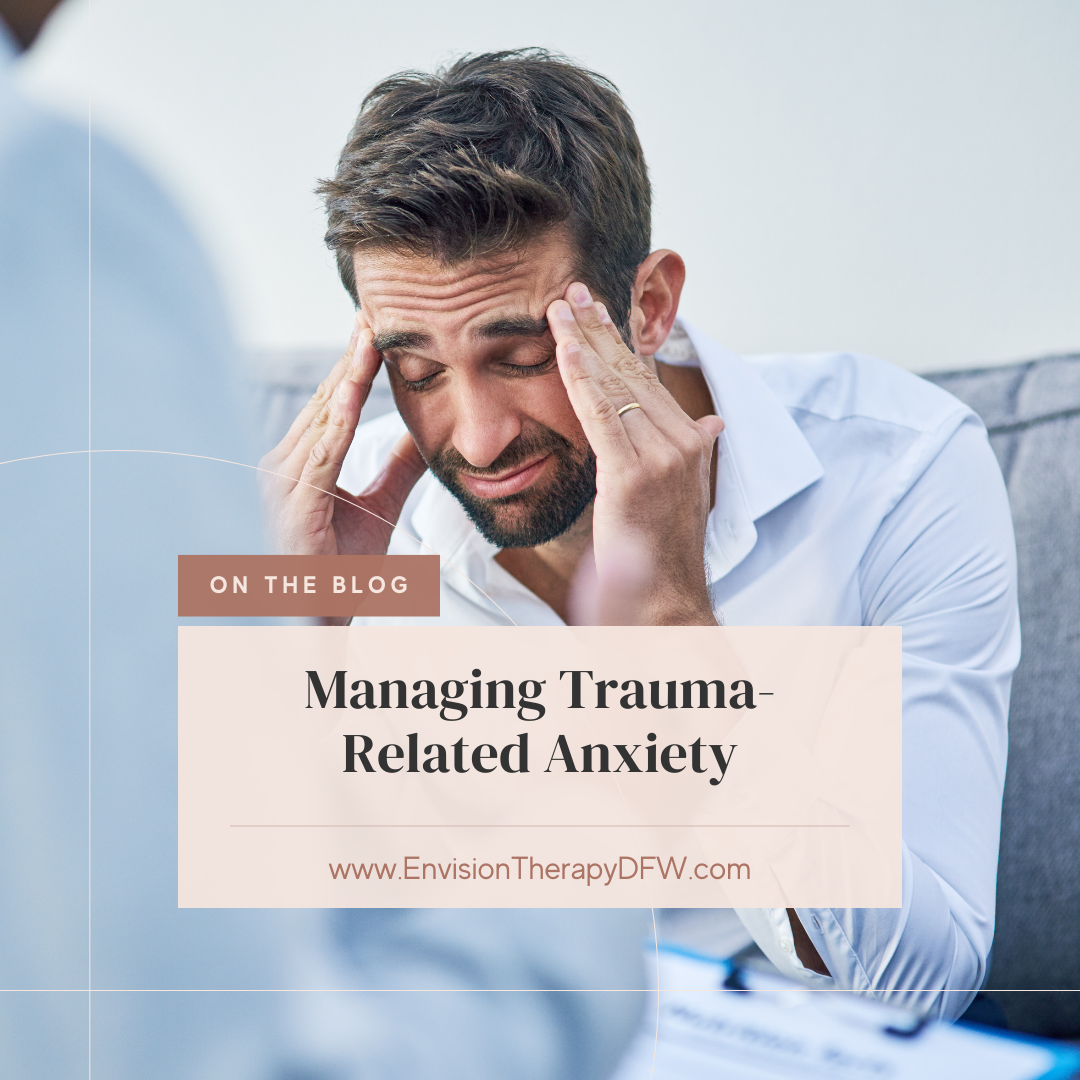
Managing Trauma-Related Anxiety
•
f you’re struggling with anxiety that stems from past trauma, this guide is designed for you. We explain trauma-related anxiety in clear, compassionate terms—showing how your brain’s natural stress response, rooted in past experiences, can keep you on high alert. You’ll learn practical strategies, such as grounding techniques, mindfulness practices, and cognitive tools, that…
-
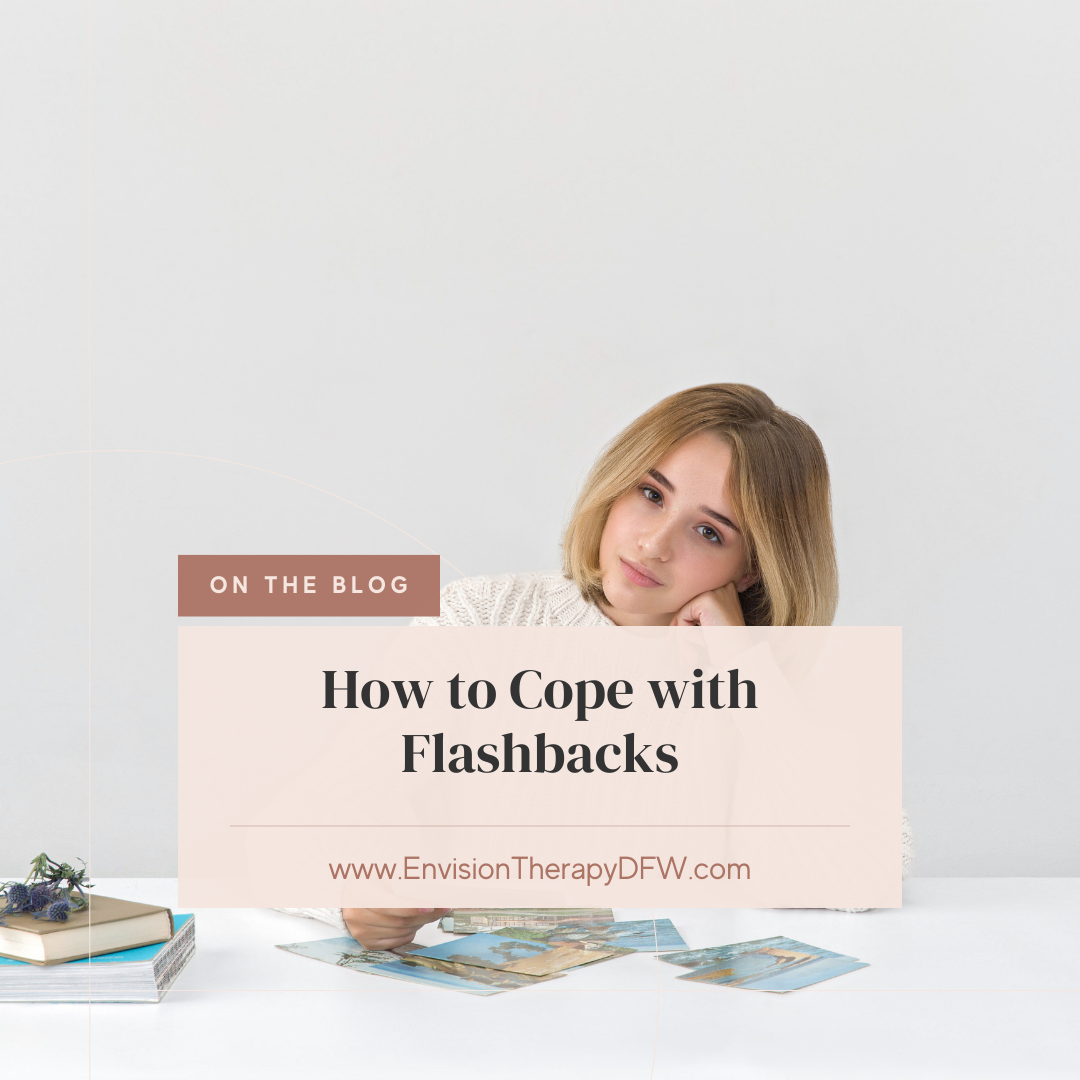
How to Cope with Flashbacks
•
If flashbacks are interfering with your daily life, this guide is here to help. We explain how flashbacks are a natural, though disruptive, response to trauma, rooted in your brain’s survival mechanisms. Learn clear, practical strategies—such as grounding techniques, cognitive affirmations, and mindfulness practices—to help you regain control when memories overwhelm you. We also…
-
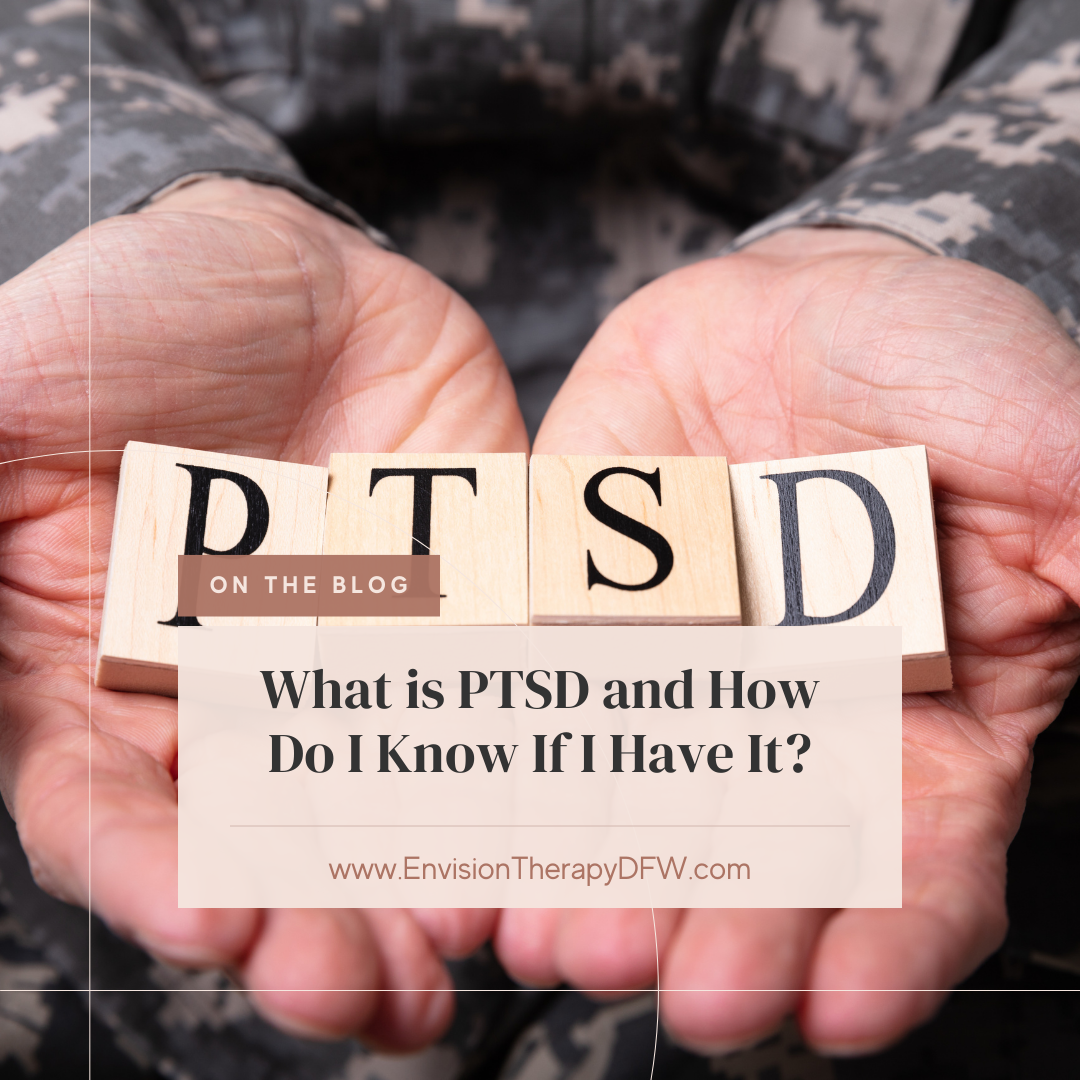
What is PTSD and How Do I Know If I Have It?
•
If you’re experiencing persistent flashbacks, anxiety, or unsettling memories that you suspect may be related to trauma, this guide is for you. In “What is PTSD?”, we break down the neurobiology behind your stress responses in straightforward terms and clear up common misconceptions that might be holding you back from seeking help. You’ll find…
-

10 Signs Your Teen Is Uncomfortable and How to Help During the Holidays
•
Family holidays are a time of joy but can also bring moments of discomfort, especially for teens. As parents, it’s crucial to know how to spot when your child is uneasy around someone, even if they don’t say a word. From avoiding eye contact to restless movements, these signs can be subtle yet telling.…
-
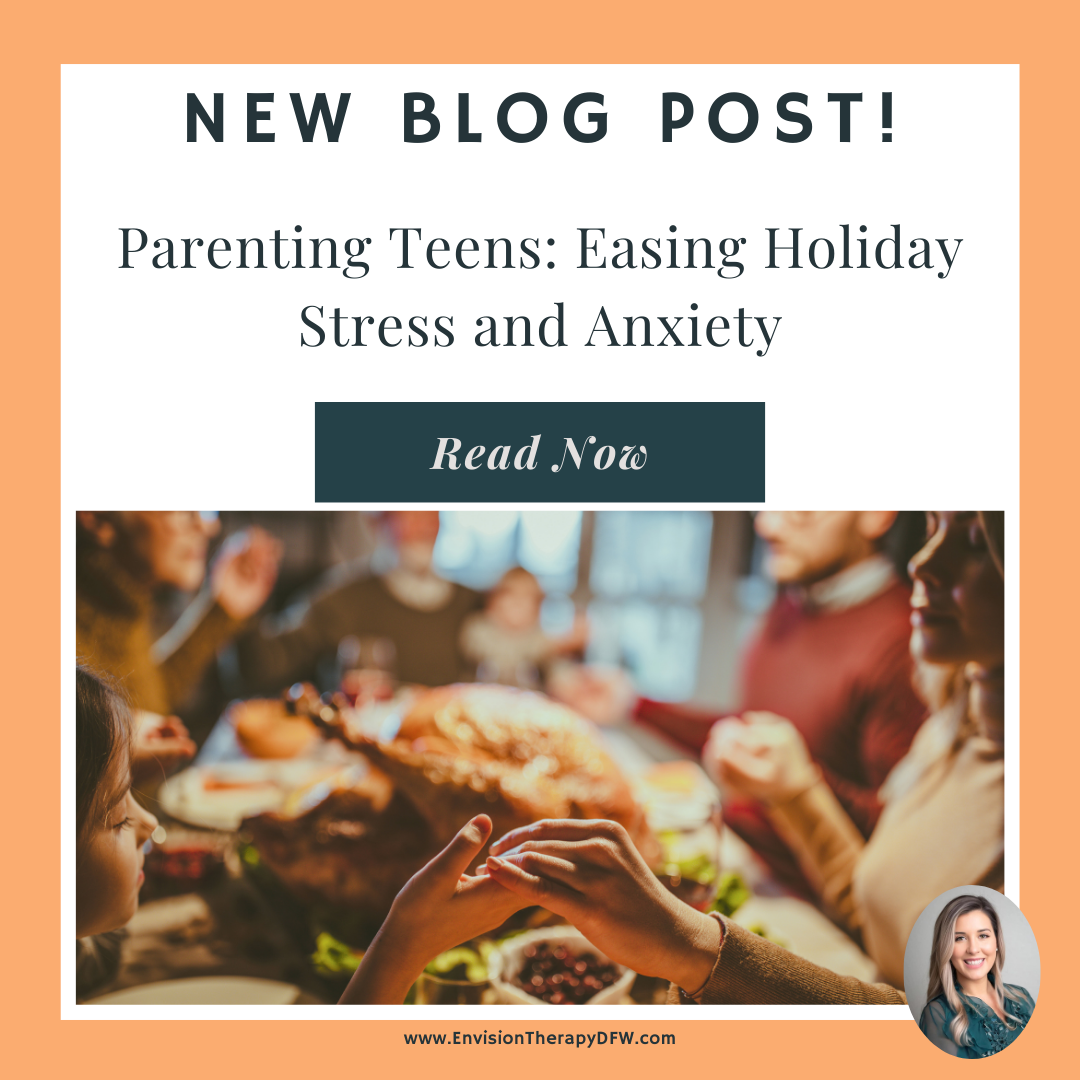
Parenting Teens: Easing Holiday Stress and Anxiety
•
The holidays are a time of joy—but for teens, they can also be a source of anxiety and stress. As parents, understanding the triggers behind their holiday stress is crucial, from disrupted routines to high social expectations and looming academic pressures. This blog dives into ways you can support your teen, like validating their…
-

Navigating Family Conflict with Your Teen During the Holidays
•
The holidays are a time of joy, but they can also bring out family conflict, making gatherings stressful for teens. As parents, our job is to protect them from this tension and provide a safe, supportive experience. This blog dives into practical strategies for managing family dynamics, from setting boundaries with intrusive relatives to…

